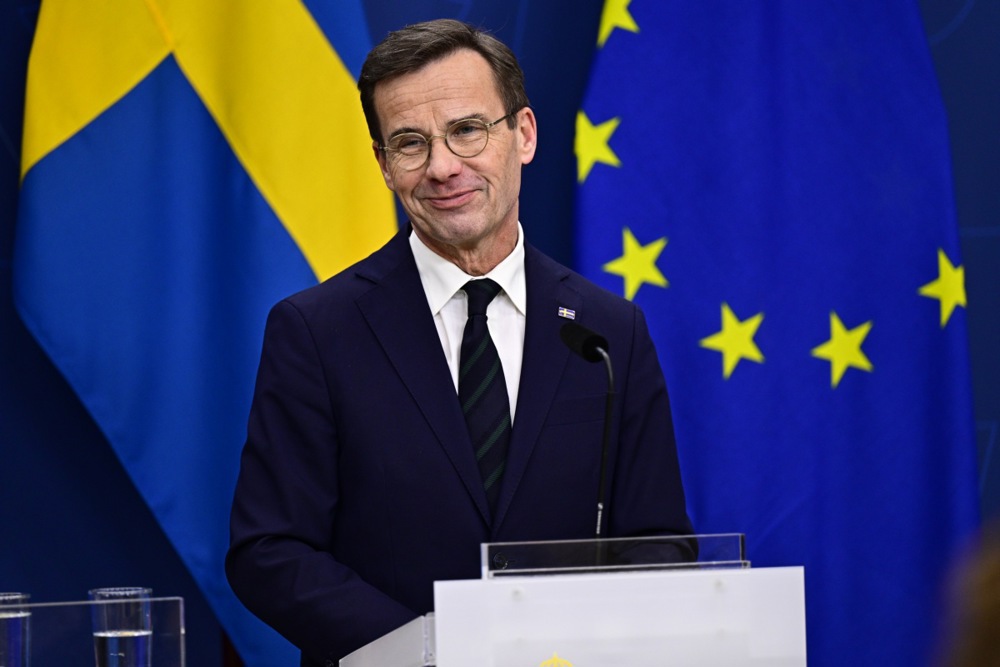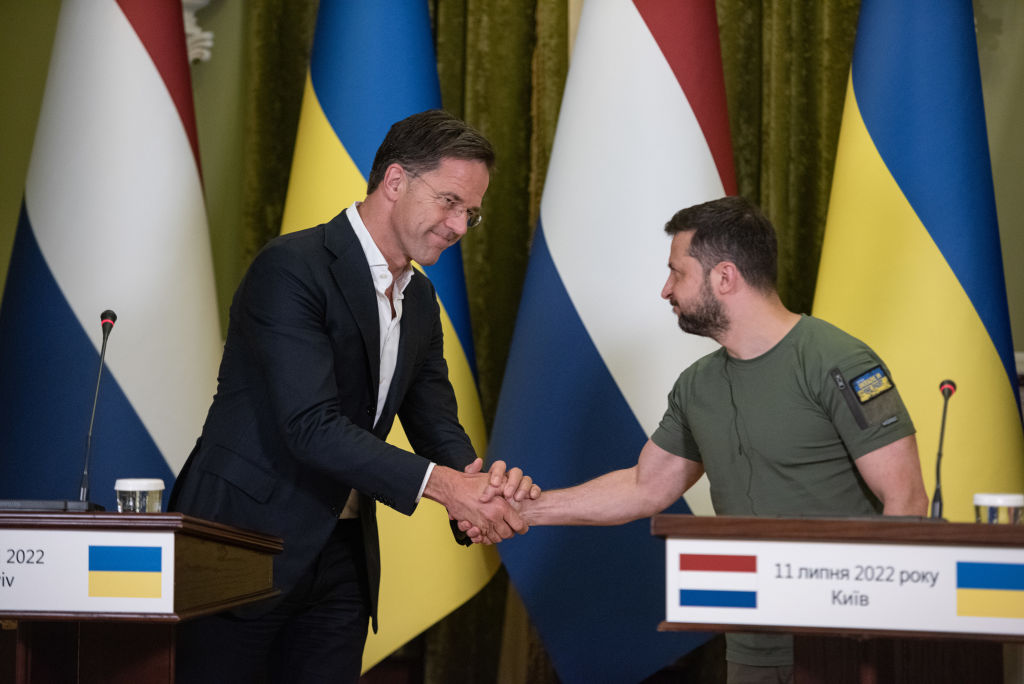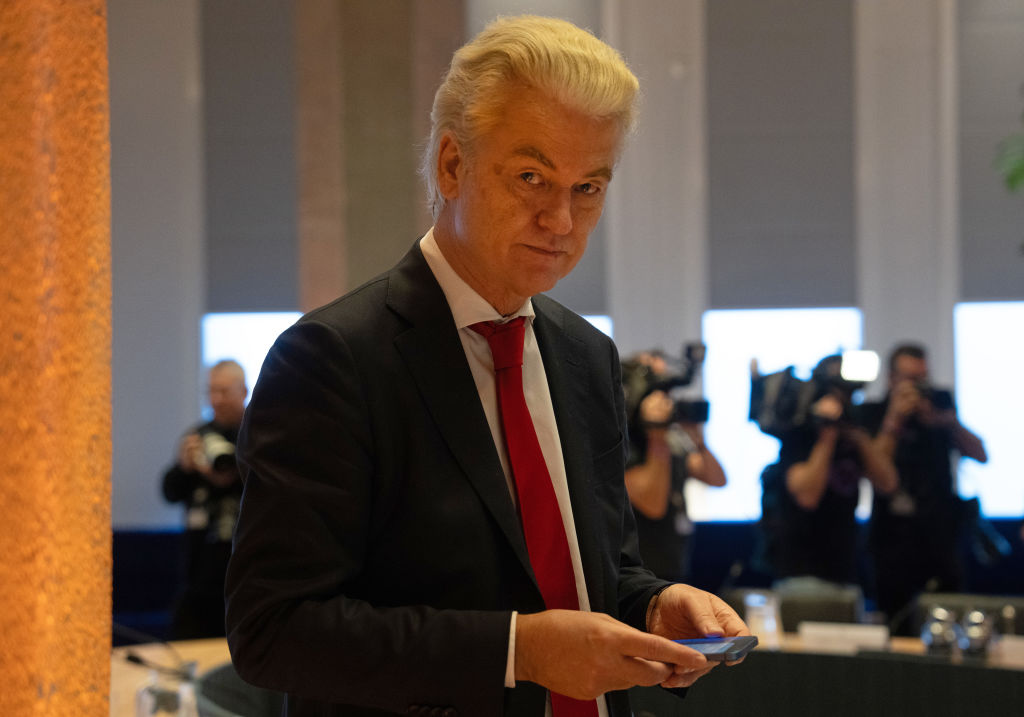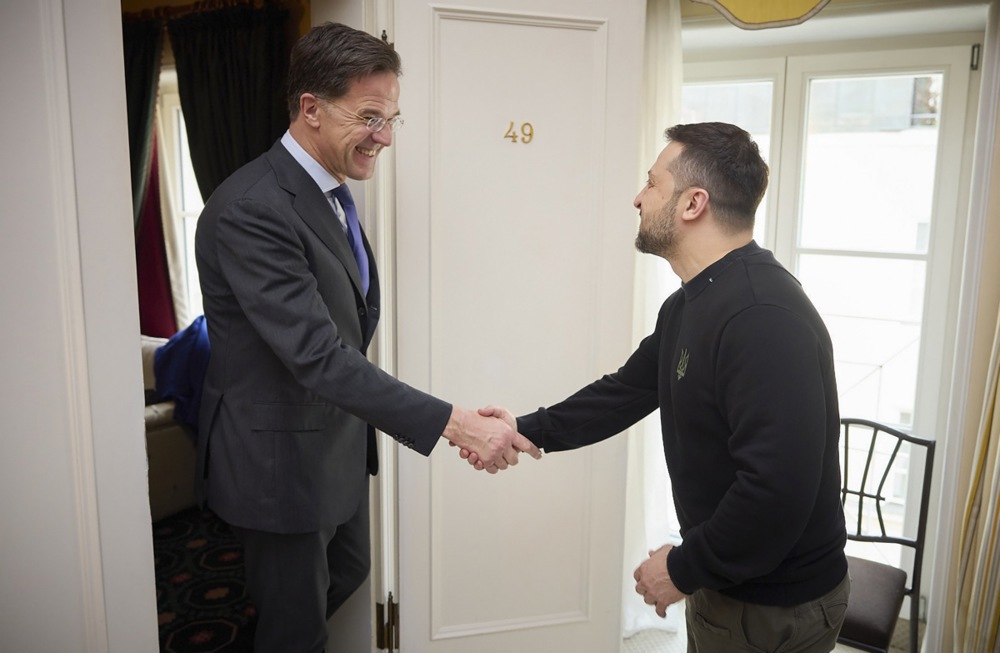Hungary’s Parliament Speaker Sándor Lezsák has signed-off on the ratification of Sweden’s NATO accession and forwarded the legislation to the Hungarian President’s office for promulgation, voting records show.
Lawmakers had approved the Nordic country’s NATO accession on February 26, clearing the last hurdle for the historic step by the Nordic country, whose neutrality lasted through two World Wars and the Cold War.
Lezsák signed-off the Hungarian approval on March 2.
The Hungarian move ended months of delays to complete Sweden’s security-policy shift and followed a visit by Swedish Prime Minister Ulf Kristersson to Budapest, during which the two countries also signed an arms deal.
Hungarian Prime Minister Viktor Orbán’s Government has faced pressure from NATO allies to “fall in line” and seal Sweden’s accession to the alliance.
Stockholm abandoned its non-alignment policy for “greater safety” within the North Atlantic Treaty Organisation after Russia’s invasion of Ukraine in 2022.
Russia said on February 28 it would adopt unspecified military, technical and other counter-measures to “protect” itself against Sweden joining NATO, a move it cast as aggressive and a “mistake”.
Sweden cleared the last hurdle towards NATO accession on February 25 after Hungary’s Parliament approved membership of the traditionally neutral Nordic country.
Sweden and Finland had both bid to join NATO after Russia sent tens of thousands of troops into Ukraine in 2022, setting off Europe’s biggest conflict since the Second World War, an attritional battle that still grinds on.
Maria Zakharova, a spokesperson for the Russian Foreign Ministry, said: “We will closely monitor what Sweden will do in the aggressive military bloc, how it will realise its membership in practice … based on this, we will build our response with retaliatory steps of a military-technical and other nature.
“Sweden’s accession to NATO is accompanied by the ongoing fuelling of anti-Russian hysteria in the country, which, unfortunately, is encouraged by the Swedish political and military leadership – but its main source is abroad,” she said.
“It is not the Swedes themselves who are making the choice; this choice has been made for the Swedes,” she said. The move to join NATO was “fuelling tensions and militarisation”, Zakharova added.
Russia’s embassy in Stockholm had also spoken of such unspecified military and technical counter measures on its Telegram account on February 27, depending on the “extent” of NATO troops and materiel deployments inside Sweden.
Kristersson said Russia’s comments were “not surprising” and he indicated his country was not alarmed.
“That’s what they said when Finland joined NATO as well,” Swedish news agency TT reported Kristersson as saying on February 28 during a trip to the town of Trollhatten in the Southern area of the country.
“It is well known that Russia doesn’t like the fact of either Sweden or Finland being NATO members – but we make our own decisions.”
Kristersson added his country was “on its toes” to meet any response from Russia.
“We are well prepared and we see what they are doing.”





